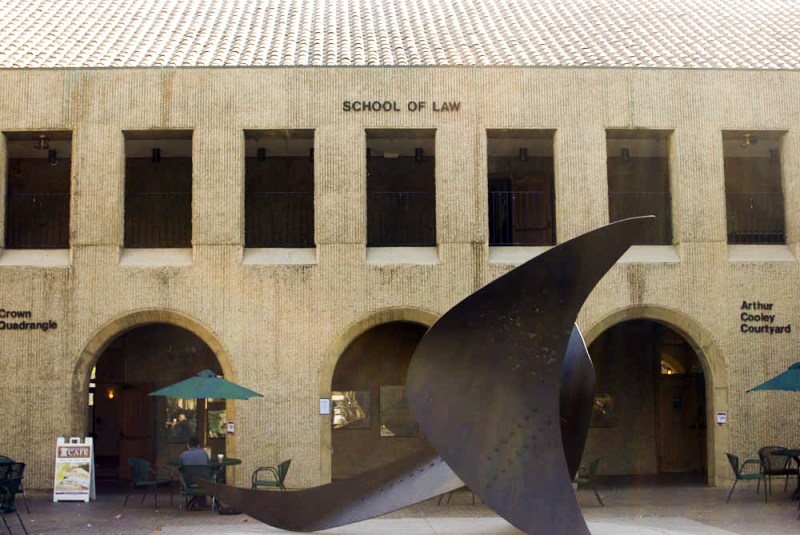A top concern surrounding this year’s election is voter suppression in the midst of the electoral environment during the pandemic, said law professor Nate Persily during a Thursday event on how COVID-19 is impacting the upcoming November elections.
The event was hosted by Stanford in Government, Stanford Votes and the Stanford-MIT Healthy Elections Project.
The Stanford-MIT Healthy Elections Project was formed in response to the “unprecedented and ongoing threat that the COVID-19 pandemic poses to the 2020 elections.” The project consists of a research group where academics and election administration experts evaluate practices that would ensure this year’s election is safe and accessible.
Stanford Distinguished Career Institute Fellow Zahavah Levine believes that the main impact of COVID-19 is the increased demand for vote-by-mail in the elections.
However, vote-by-mail policies in each state vary immensely. For example, political science associate professor Adam Bonica explained that in California, all registered voters are automatically mailed a ballot, whereas in Pennsylvania, voters must apply for an absentee ballot.
“Because there’s a large increase in vote-by-mail, you’re seeing less need for in-person voting which also leads to stress on the system,” said Jacob McCall J.D. ’22. According to McCall, the recent partisanship that shrouds vote-by-mail also adds to concerns that vote-by-mail ballots will not be counted, dubbed fraudulent or contested during litigation.
Jennifer Friedman J.D. ’22 believes that “the biggest concern is really that confidence and the feeling of corruption” will be spread throughout social networks.
In terms of the best way to ensure that mail-in ballots are counted, “the takeaway is vote early and track your ballot, because voting by mail is not without risks,” according to Levine.
She explained that in the Pennsylvania primaries, nearly 40,000 votes were discarded because they arrived after the 7 p.m. deadline on Election Day. According to Levine, many more attempted votes could go uncounted in November, given the increased turnout expected of the general election.
Vote-by-mail would help address the issue of voter suppression, but not completely eliminate it, according to Bonica.
“The idea that vote-by-mail should be in any way considered legitimate or illegitimate, or fraudulent because it could bestow an advantage on one or the other party is a bad faith argument, coming from the President and his allies,” Bonica said.
While Bonica believes that voting by mail does not inherently give an advantage to one party or another and instead makes it easier for everyone to vote, Levine added that there are already organizations bringing lawsuits that challenge states that have sent out vote-by-mail ballots or ballot applications.
While these lawsuits have been unsuccessful thus far, Levine said that “a lot of it’s going to come down to what happens in the courts in these cases” after the election.
Persily also expanded on his article, “Actually, We Will Know a Lot on Election Night,” which explains that within 24 hours of the polls closing, people will know the likely winner of the presidential election.
However, “we should all be prepared for a long election accounting process,” he said.
In this process, Persily believes that the public should receive full transparency regarding the amount of time that it will take for votes to be counted this year, but he also acknowledged that networks may use this to their advantage to “hold back the information that they have.”
“We need people to become confident in the mail again,” Persily said.
A previous version of this article misspelled Zahavah Levine and has been corrected to reflect her name’s proper spelling. The Daily regrets this error.
Contact Sandi Khine at skhine ‘at’ stanford.edu.
